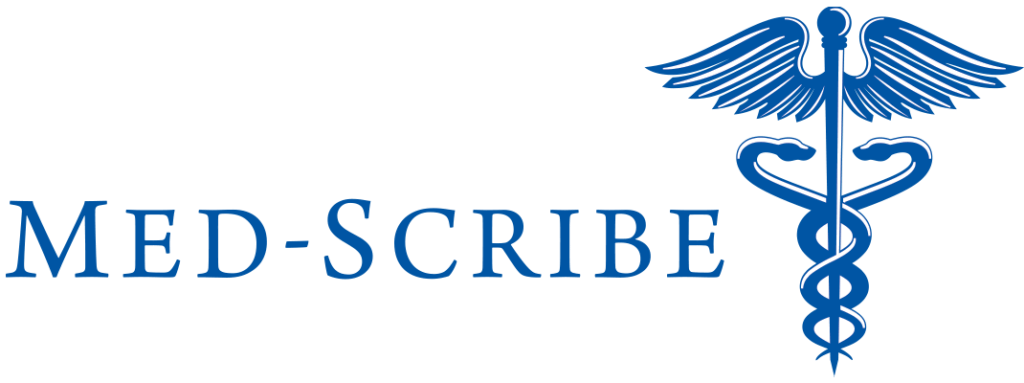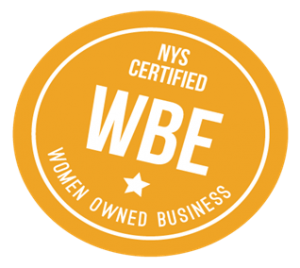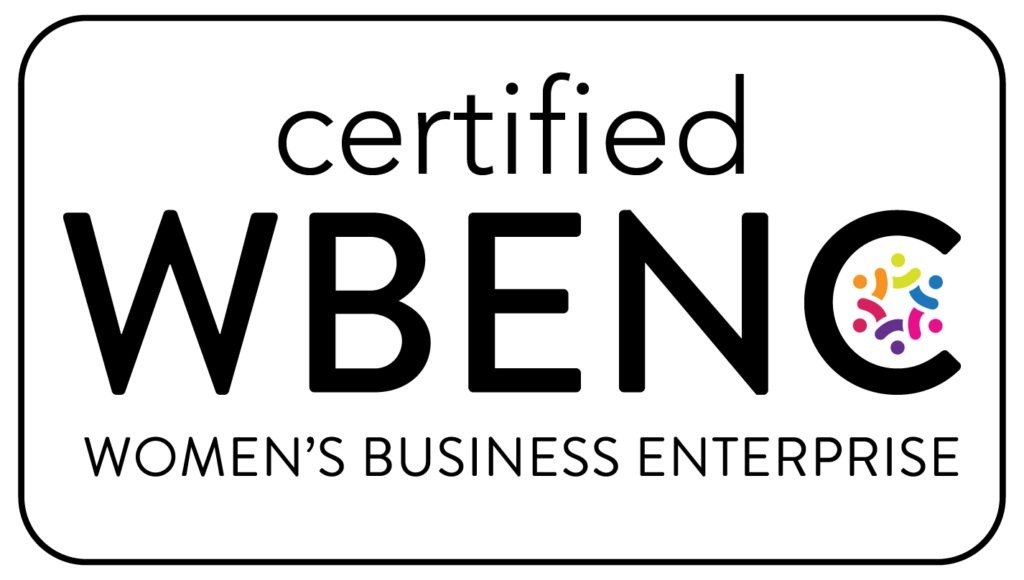Creating the Perfect Resume: Best Practices for Success
In today’s fiercely competitive job market, your resume plays a pivotal role in making a memorable first impression on potential employers. A well-written resume can serve as the gateway to exciting career opportunities, while an ill-constructed one may quickly land your application in the rejection pile. To help you master this crucial aspect of your job search, we’ve compiled a list of resume best practices inspired by the professional standards upheld at Med-Scribe.
Employ a Concise and Professional Format
Choose a clean, easily readable font, and maintain consistent formatting throughout your resume. The use of bullet points and headers can significantly enhance readability. Include all relevant work experience in chronological order, starting with the most recent. Be concise with descriptions and prioritize the most pertinent information for each section.
Start with a Strong Summary or Objective
Kickstart your resume with a concise yet compelling summary or objective statement that outlines your career goals, and highlights the unique qualities you bring to the workplace
Integrate Relevant Keywords
In today’s technology-forward environment, applicant tracking systems (ATS) are common in modern recruitment. Incorporating keywords from the job description into your resume can maximize visibility to these systems.
Showcase your Achievements and Education
Rather than merely listing your job responsibilities, focus on showcasing your achievements in previous roles. Using quantifiable data and strong action verbs helps to illustrate your impact on prior employers. Include details of your educational qualifications and certifications. This should encompass the institution, degree, graduation date, and any noteworthy honors.
Thoroughly Proofread
Med-Scribe places a premium on attention to detail. Scrutinize your resume meticulously to eliminate any spelling or grammar errors. A slight spelling mistake can make a professional resume appear less-so.
Include Comprehensive Contact Information
Ensure that your name, phone number, and email address are prominently displayed at the top of your resume. Keep these details up-to-date for easy accessibility.
Resume Writing Don’ts
Include Irrelevant Information
Avoid cluttering your resume with non-essential personal details like your date of birth, marital status, or hobbies, unless they directly relate to the job at hand.
Avoid unknown Jargon and Acronyms
At Med-Scribe, we advocate for clear and concise communication. Steer clear of industry-specific jargon and acronyms that may be unfamiliar to a wider audience.
Prevent Exaggeration or Fabrication
Honesty is the bedrock of an effective resume. Resist the urge to embellish your skills or experiences, as it can lead to complications during interviews or on the job.
Limit Unprofessional Email Addresses
Ensure your email address exudes professionalism and appropriateness for job applications. Avoid using overly casual or humorous addresses.
Keep References on Standby
Save space on your resume by refraining from including references. Provide them upon request from potential employers.
In conclusion, presenting an impactful resume demands precision, customization, and focus on your qualifications and achievements. By adhering to these resume best practices inspired by Med-Scribe, you can construct a compelling resume that resonates with potential employers and heightens your prospects of securing your dream job.



